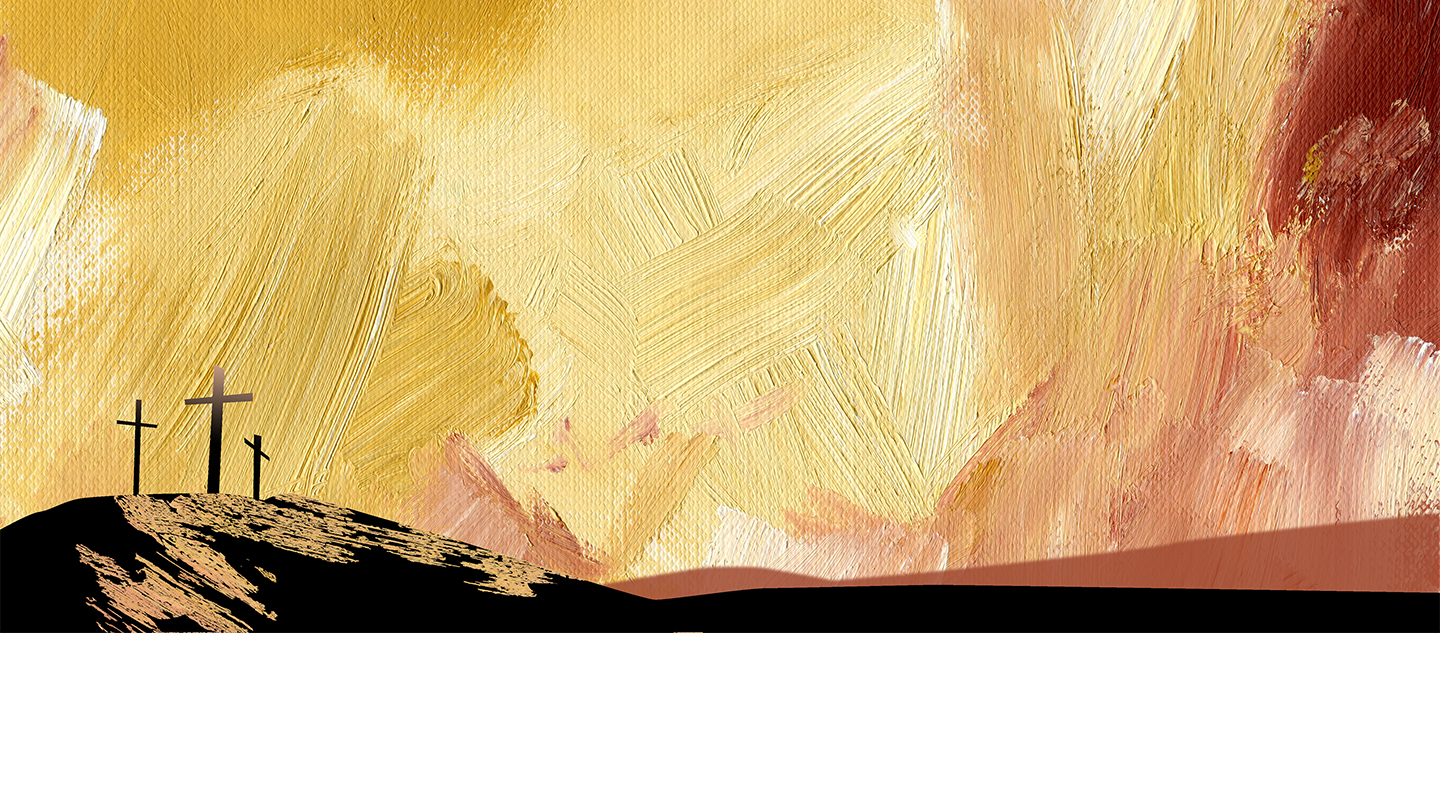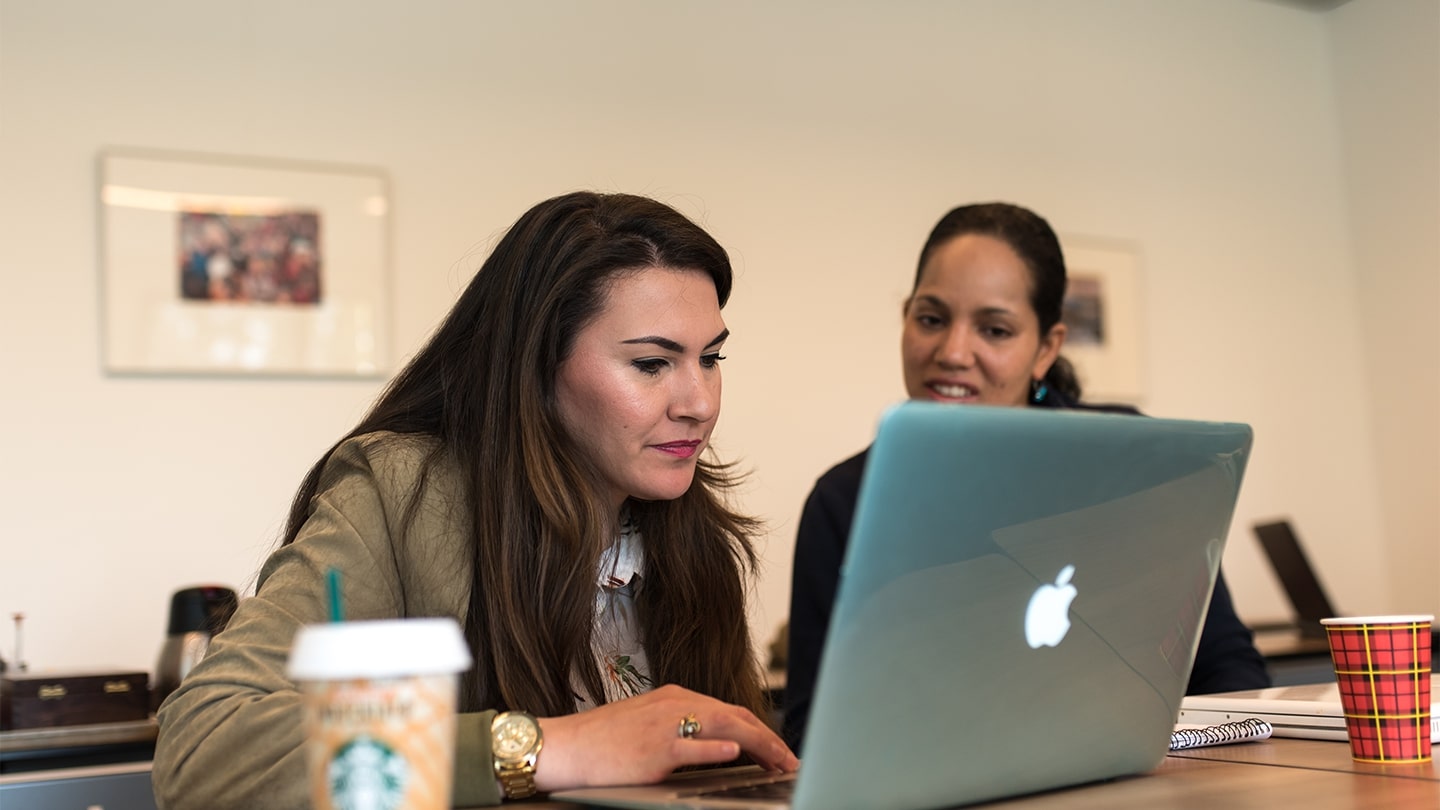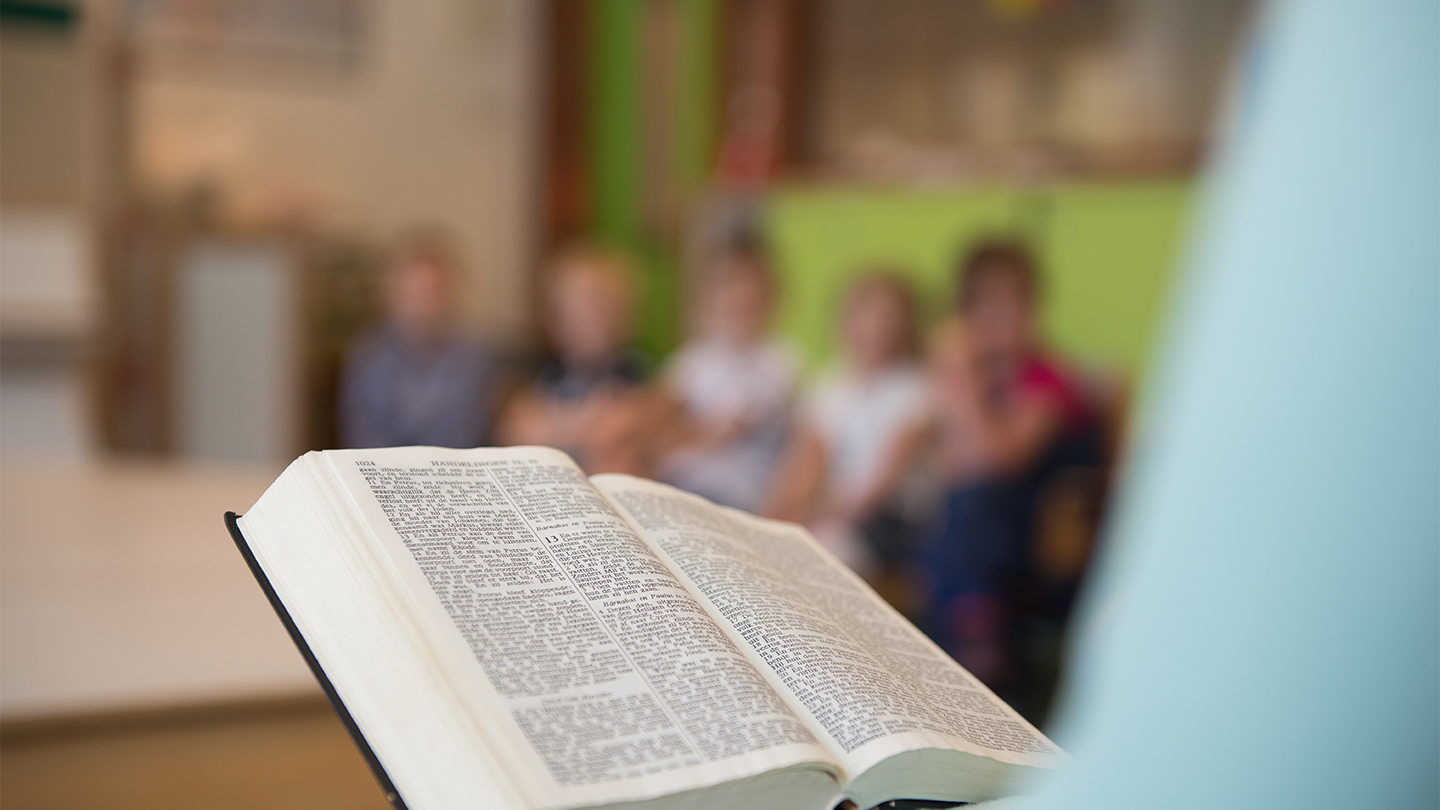Joint research by TTI’s and elementary schools starts to pay off.
By Peter van Olst
Good education seeks the broad formation of students. Those who wholeheartedly endorse this proposition quickly start to resist a culture of individual performance, in which pupils are encouraged to compete with each other, especially in the cognitive domain. Broad, (w)holistic education; how do you put that into practice?
In 2020, four teacher training institutes in the Netherlands joined forces. Representatives of the Amsterdam University of Applied Sciences, University of Applied Sciences Leiden, University of Applied Sciences Windesheim and Driestar Christian University for Teacher Education formed a learning community together to conduct research.
Project leadership was taken up by the NIVOZ foundation, a Dutch think tank for educational practices. Together with a number of elementary schools, they wanted to draw lessons from an international movement called Whole Child Development (WCD) for Dutch education.

The NIVOZ Foundation had already done a preliminary study. Good education is broad, holistic education, was its conclusion. ‘To summarize: in practice, education is sometimes mainly understood as the individual performance of the pupil. Usually in different subjects. However, this view denies the basic psychological need of every individual to do things primarily with and for trusted others.
Education that is too individualized and compartmentalized ignores the fact that in the real world everything is interconnected.’ The preliminary study arrived at a first description of WCD's countermovement as “a framework for a broad education of the whole child” that “values all dimensions of human development”.
Building Blocks
Enough for the four teacher training institutes, including the Reformed-Christian Driestar, to catch on and make their own contributions. Years of exploratory and in-depth discussions followed, in which slowly but surely a common attitude and language were found to train teachers for a broad, holistic education – and to actively give this a place in their various courses.
The project has now entered its fourth and, for now, final year. After earlier contributions at national conferences for teacher educators, among others, a first balance can be cautiously drawn up. The research has already led to the identification of a number of building blocks for holistic education and their visualization, which is shown in this article.
“When working on a broad-based education”, the researchers state in a joint statement, “we start from the objective or pedagogical task: what do we want for children?” The answer to that question is an ultra-short account of a long process of thought, search, discussion, experience and trial and error.
“We want to bring up children who are connected with themselves, others and the world, and who are able and willing to use their talents and interests to be meaningful in society. To this end, it is important that children are able to develop to their full potential, in which all dimensions of their humanity (physical, social, emotional, cognitive, creative, spiritual and ethical) are seen, valued and stimulated.”
Principles
In their statement, the researchers then address fundamental principles for a broad-based education. First, it starts from a holistic view of man and the world. By this they mean that children (“and adults”) cannot be separated from their environment and that the various dimensions of being human cannot be isolated or detached from each other. “In the encounter in education, everyone includes themselves as whole human beings, and seeing and recognizing everyone as such is necessary to truly connect with each other.”
In doing so, the education professional starts from a basic pedagogical attitude. “By this we mean starting from the child’s pedagogical need and from trust. The teacher is constantly looking for each child’s needs and potential in this context and at this moment.” The latter also has to do with the fact that a broad education aims to make a contribution in a pluralistic society in which there are sometimes large ethnic, cultural and social differences between children.
World-oriented
A broad-based education is then world-oriented. It “aims to strengthen children's agency: the teacher introduces children to the world, inviting them to relate to it in their own way”. Agency has to do with children's own sense of self, being able to take responsibility and have their own voice, “both in relation to others and what the world asks of them”. For teachers, this means having an eye for their environment, involvement in the world and responsibility in the world.
“In shaping a broad-based education, the teacher is his or her own instrument. Therefore, it is essential that the teacher, too, can (continue to) develop as a person and continuously reflect on his or her own actions.”
Intentional pedagogical action, therefore, is another building block of a broad-based education. “It requires good teaching, reasoned choices in the curriculum, and balancing between direction and freedom.”
If schools want to work with it in their own team or curriculum, they can use for their process a lemniscate that has been tested intensively by the research group of the NIVOZ Foundation with the four teacher training institutes. This lemniscate focuses on the continuous connection of vision and intentions on the one hand, and daily pedagogical practice or curriculum on the other. A school team, possibly with support from the NIVOZ Foundation, could form a learning community to start the conversation (as a “conversational community”) between vision and practice around broad education.
Identity
Experience with this methodology has also been built up at Driestar Christian University. A learning community is active both internally and in cooperation with two (multi-ethnic) Christian elementary schools. Both learning communities focus explicitly on the broad formation of future Christian teachers for, in turn, a broad-based education.
Both Driestar learning communities experience the input from WCD and the research of the four colleges as challenging and enriching. Driestar is incorporating the insights from the entire project into its own curriculum, including a continuous, well-integrated learning pathway for (world) citizenship. A dissertation on the broad citizenship education of Christian teachers for the pluralistic society is currently being developed.
One might wonder to what extent the insights from the research project fit with the identity of Driestar Christian University, which is the only Christian seminary that has been given a place in the WCD project.
The answer to that question is the subject of the aforementioned studies in and around the institute. Striking is the similarity between the visualization shown on this page about broad-based education and the inner ring of the renewed professional profile for the Christian teacher of Driestar Christian University.
The emphasis on relationality and connection with one’s self, the world and others are present in both. Driestar adds two more elements: with the Christian faith and with past, present and future.
----
For further reading: Van Olst, P.C. ‘Christian-holistic teaching as an Instrument to combat Reductionism in Education’, in: International Journal for Christianity and Education, 2023



